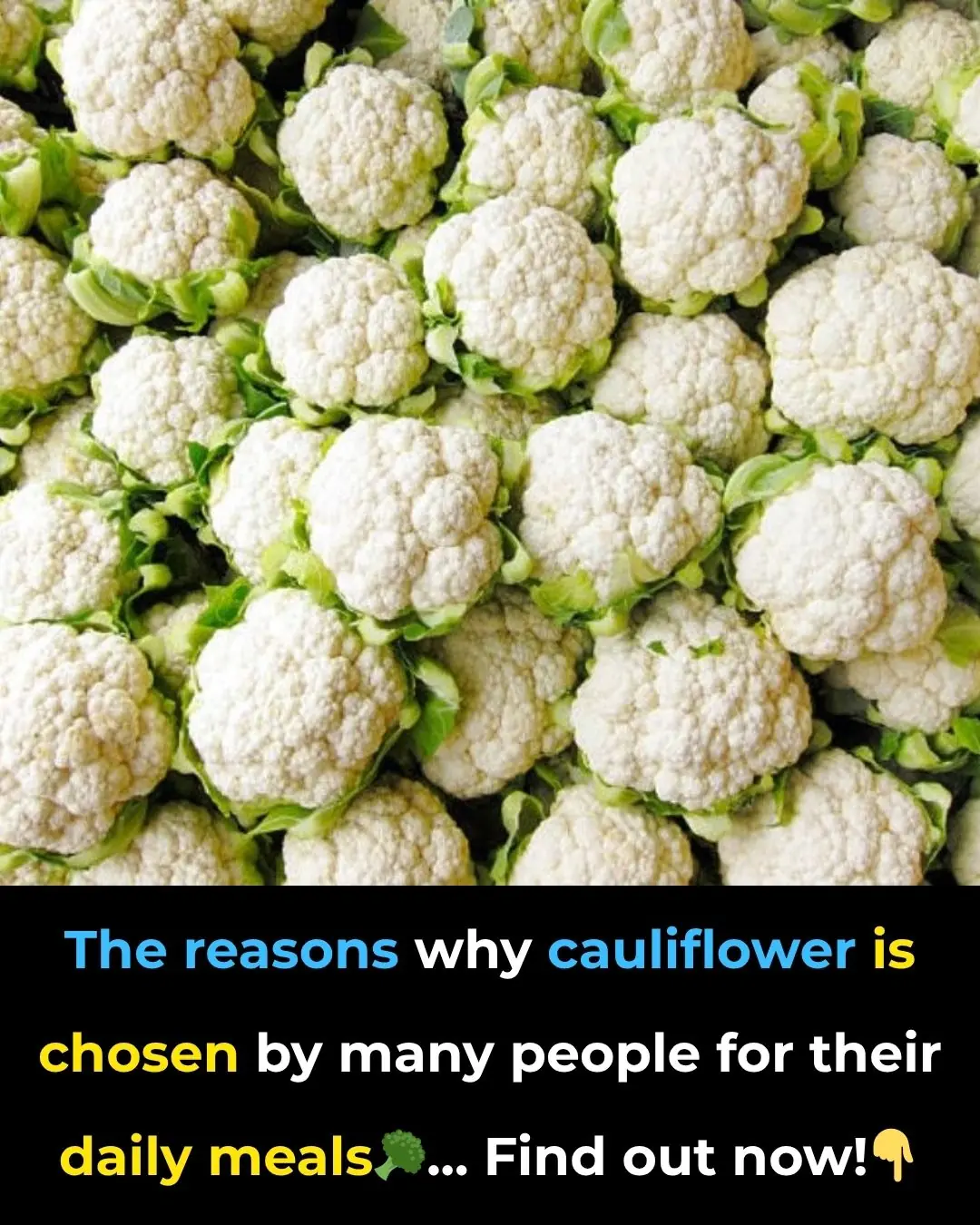
Common Drinks That Can Be Bad for Your Liver
5 Common Drinks That Can Be Just as Bad for Your Liver as Alcohol
The liver is one of the hardest-working organs in the body. It filters toxins, metabolizes nutrients, produces bile for digestion, regulates cholesterol, and helps store essential vitamins and minerals. Yet despite its resilience, the liver is highly vulnerable to lifestyle-related damage.
Most people know that excessive alcohol can wreak havoc on liver health. But here’s the surprising truth: several non-alcoholic beverages—many of which are marketed as healthy or harmless—can be just as detrimental when consumed frequently.
In recent years, rates of nonalcoholic fatty liver disease (NAFLD) have surged worldwide, now affecting an estimated 20–30% of adults. Its more advanced form, nonalcoholic steatohepatitis (NASH), can progress to cirrhosis or liver cancer. These conditions are tightly linked to modern dietary habits—especially the overconsumption of sugar-sweetened and highly processed drinks.
At the center of the problem lies fructose, a simple sugar that’s metabolized almost exclusively by the liver. When the liver is flooded with excess fructose from sodas, juices, or energy drinks, it converts it into fat. Over time, that fat builds up inside the liver, leading to inflammation, scarring, and impaired detoxification.
Here are five drinks that can be just as harmful to your liver as alcohol—plus what to enjoy instead.
1. Excessive Fruit Juice
Fruit juice may seem like a healthy option—it’s made from fruit, after all. But most commercial fruit juices are concentrated sources of sugar, especially fructose, and contain very little of the fiber found in whole fruit.
Without fiber to slow absorption, fructose hits the bloodstream quickly, forcing the liver to work overtime. Over months or years, that excess sugar is converted into fat stored in liver cells, contributing to NAFLD and insulin resistance.
A better choice:
Limit fruit juice to no more than one small glass (about 150 ml) a few times a week, and choose whole fruits instead. Whole fruit provides not only natural sugars but also fiber, antioxidants, and phytochemicals that help protect the liver and balance metabolism.
2. Sweetened Tea Beverages
Pre-bottled or café-style teas may sound wholesome, but they’re often loaded with added sugars or high-fructose corn syrup—sometimes containing more than a can of soda. These added sugars don’t just spike blood sugar; they also fuel liver fat production and oxidative stress.
Even “flavored” or “fruit-infused” teas can be deceptive, masking large quantities of sugar under the guise of natural flavoring.
A better choice:
Brew your own tea at home. Black, green, and herbal teas are naturally rich in antioxidants such as catechins and polyphenols, which support liver detoxification and reduce inflammation. Sweeten lightly with raw honey or stevia if desired—just remember, moderation is key.
3. Energy Drinks
Energy drinks promise quick alertness and performance, but they come at a serious cost to liver health. Most contain high amounts of caffeine, sugar, and synthetic additives such as taurine, guarana, and herbal stimulants.
Studies have linked frequent energy drink consumption to elevated liver enzymes, a clinical warning sign of early liver injury. There have even been reports of acute hepatitis in individuals who drank several energy drinks per day for extended periods.
The American Academy of Pediatrics warns that children and teenagers should avoid energy drinks entirely, as they’re associated with obesity, high blood pressure, and fatty liver.
A better choice:
For an energy boost, try green tea, matcha, or black coffee in moderation. They provide caffeine plus antioxidants that actually protect the liver rather than harm it.
4. Sports Drinks
Designed for athletes, sports drinks replace lost electrolytes after heavy sweating. But for the average person, they often do more harm than good.
Many commercial sports drinks contain excess sugar, sodium, and fat-soluble vitamins (A, D, E, K)—which, in excess, can strain the liver and promote fat accumulation. If you’re not engaging in intense physical activity, your liver ends up metabolizing those extra calories into fat.
A better choice:
Stick to plain water or homemade electrolyte drinks with a pinch of salt, lemon juice, and a touch of honey. Save the store-bought versions for truly intense workouts lasting longer than an hour.
5. Soda (Both Regular and Diet)
It’s no secret that regular sodas are a major source of added sugar, often containing 10 or more teaspoons per can. But what many don’t realize is that diet sodas may also harm the liver—just in different ways.
Artificial sweeteners like aspartame and sucralose have been linked to changes in gut microbiota, insulin sensitivity, and fat metabolism. Emerging studies suggest that chronic use may still promote liver fat buildup and inflammation.
A better choice:
Opt for sparkling water with lemon or fruit slices, or unsweetened herbal teas for flavor and hydration without the metabolic side effects.
Protecting Your Liver Begins with Your Beverage Choices
Your liver works 24/7—filtering toxins, balancing hormones, and supporting digestion. But when it’s constantly bombarded with sugary, artificial, or stimulant-laden drinks, it loses its ability to function efficiently.
The encouraging news is that liver damage from NAFLD can often be reversed with simple lifestyle adjustments:
-
Prioritize water, herbal teas, and antioxidant-rich drinks like green tea or lemon water.
-
Limit sugary beverages to occasional treats.
-
Stay physically active to help the liver process fats effectively.
-
Eat a balanced diet rich in vegetables, lean protein, and healthy fats to support detoxification.
By being mindful of what’s in your glass, you can dramatically reduce your risk of liver disease and improve your energy, metabolism, and long-term health.
Bottom Line
You don’t need to drink alcohol to damage your liver. Everyday beverages—marketed as refreshing, energizing, or even healthy—can quietly sabotage your liver over time.
Your best defense? Choose hydration that heals, not harms.
Your liver will thank you for every mindful sip.
News in the same category


🌿 Pancreatic Cancer: 2 Subtle Symptoms That Are Easy to Miss (But Could Save Your Life)
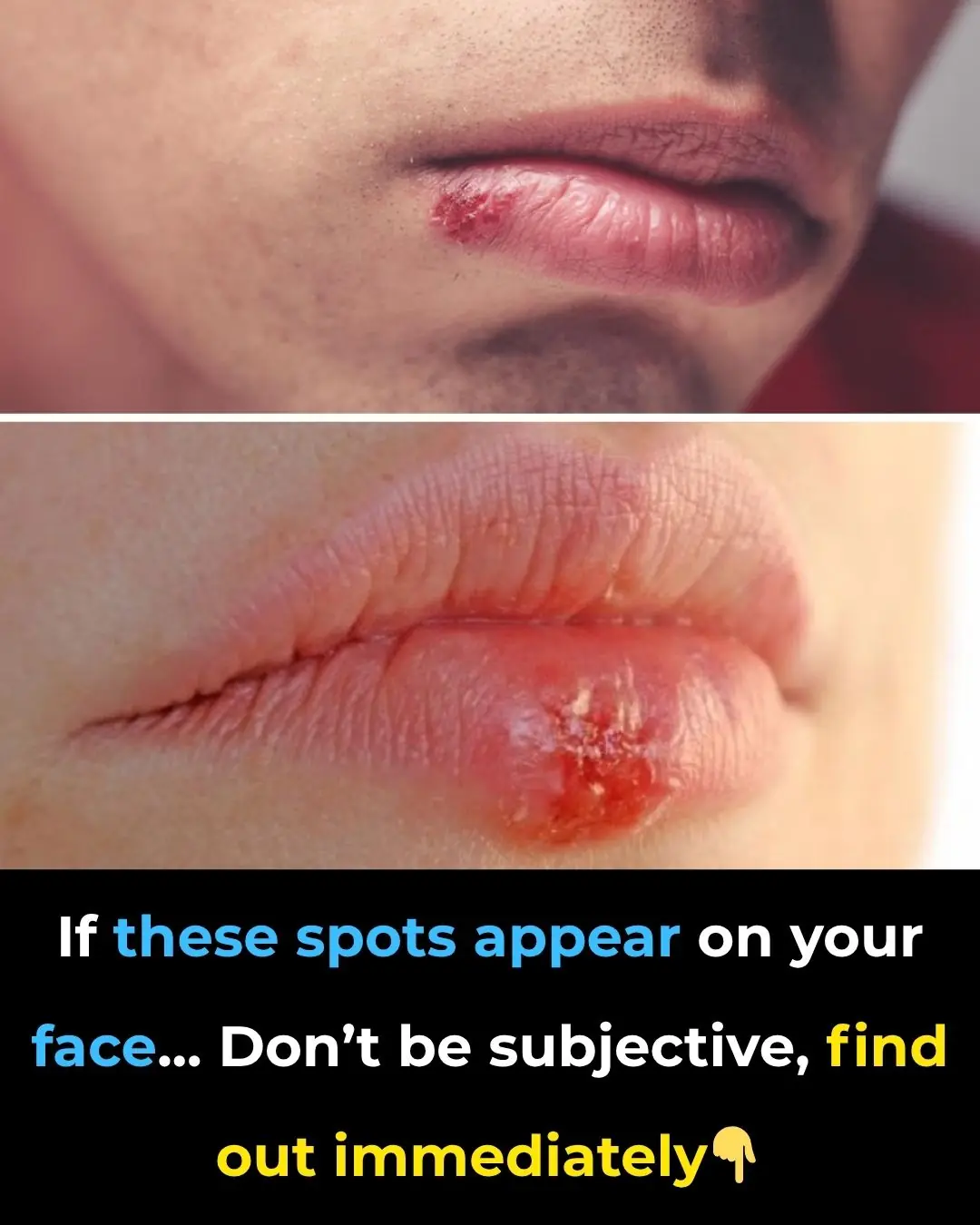
Most People Carry This Cold Sore Virus—But Few Know How to Control It
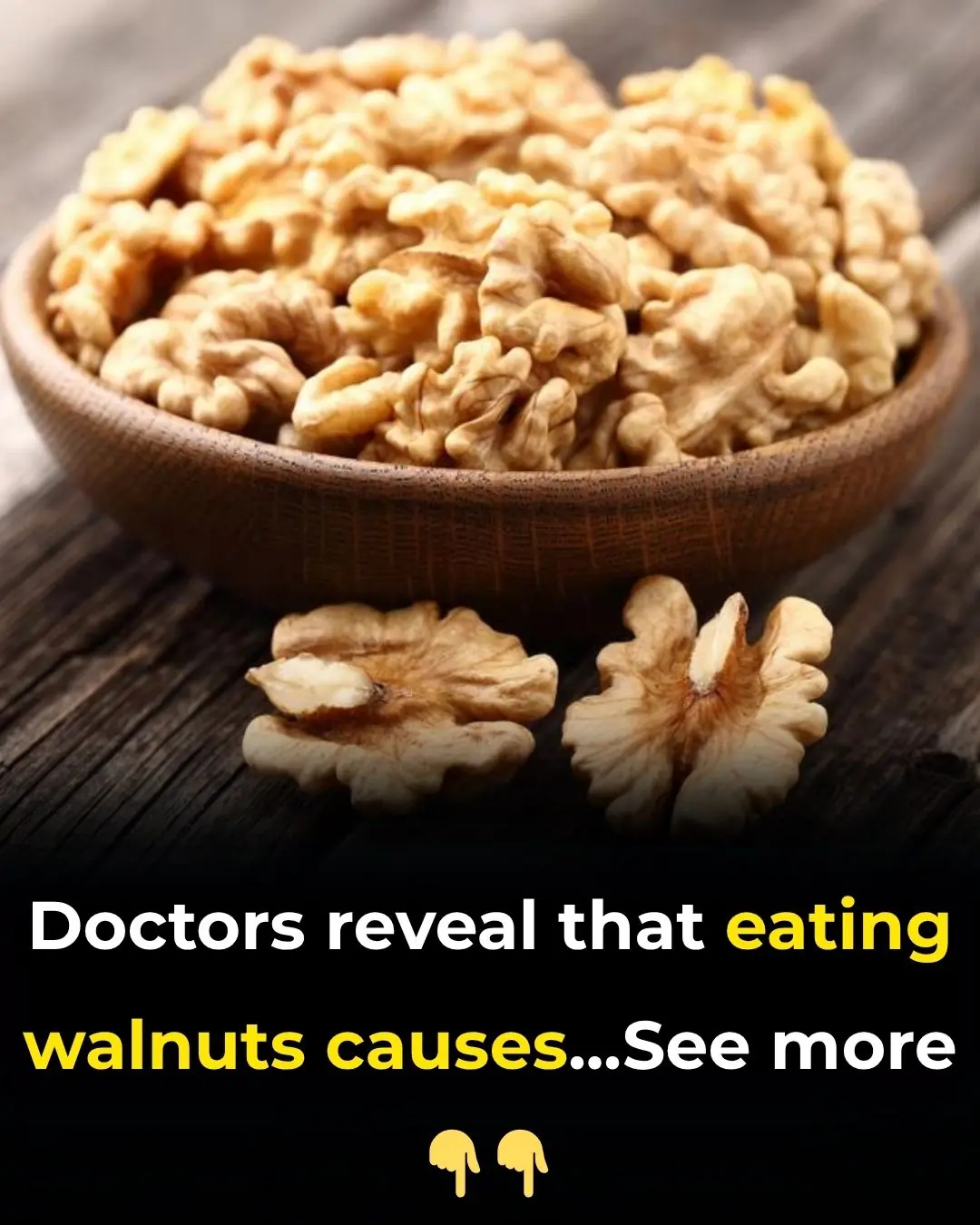
Doctors reveal that eating walnuts causes

Why People Over 50 Are More Prone to Dangerous Diseases — The Answer That Makes Many Rethink Their Lifestyle
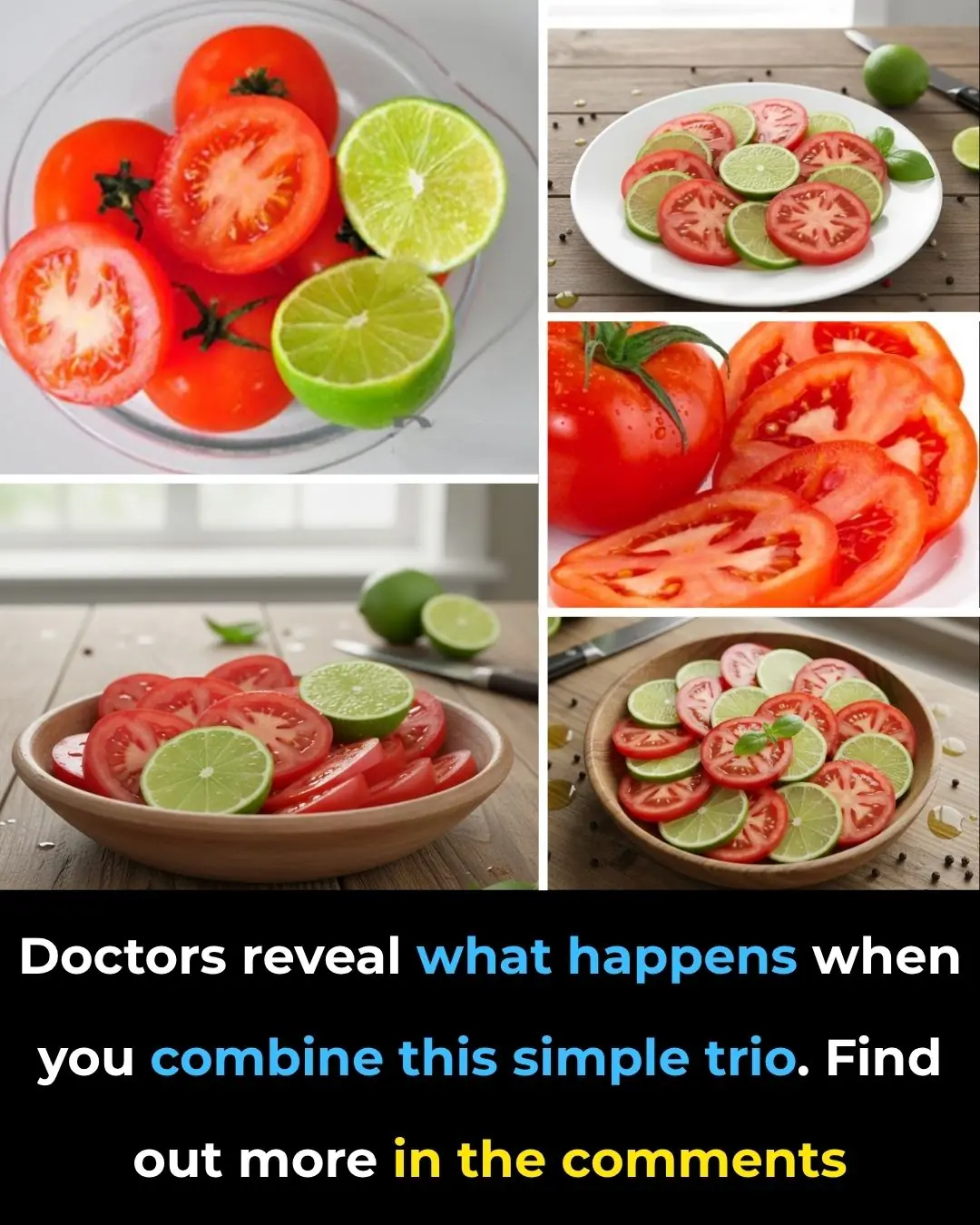
Lemon Salt and Tomato
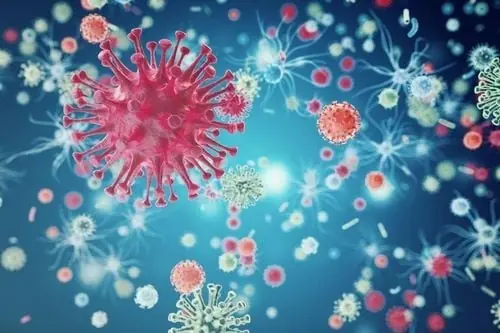
When Cancer Is Approaching: 5 Warning Signs Your Body Shows — Don’t Ignore Persistent Pain or Cough
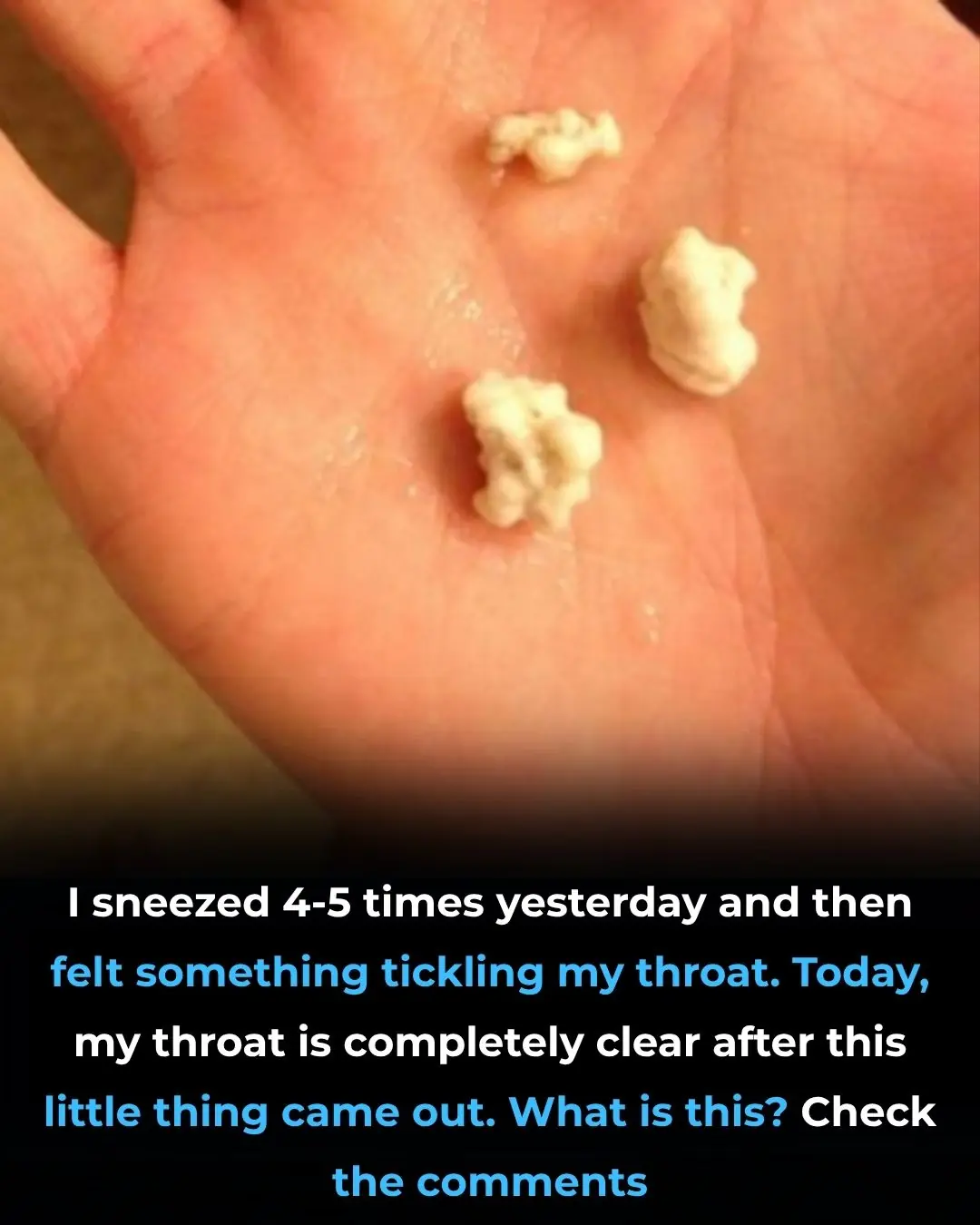
Here’s what you need to know about tonsil stones – the weird pimple-like growths in your throat
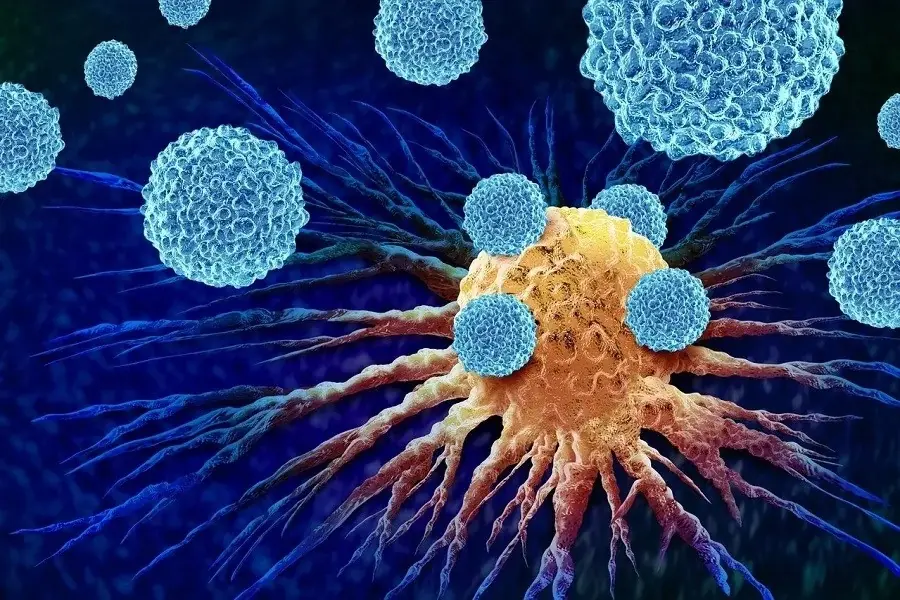
8 Unusual Warning Signs of Cervical Cancer Every Woman Should Know Early
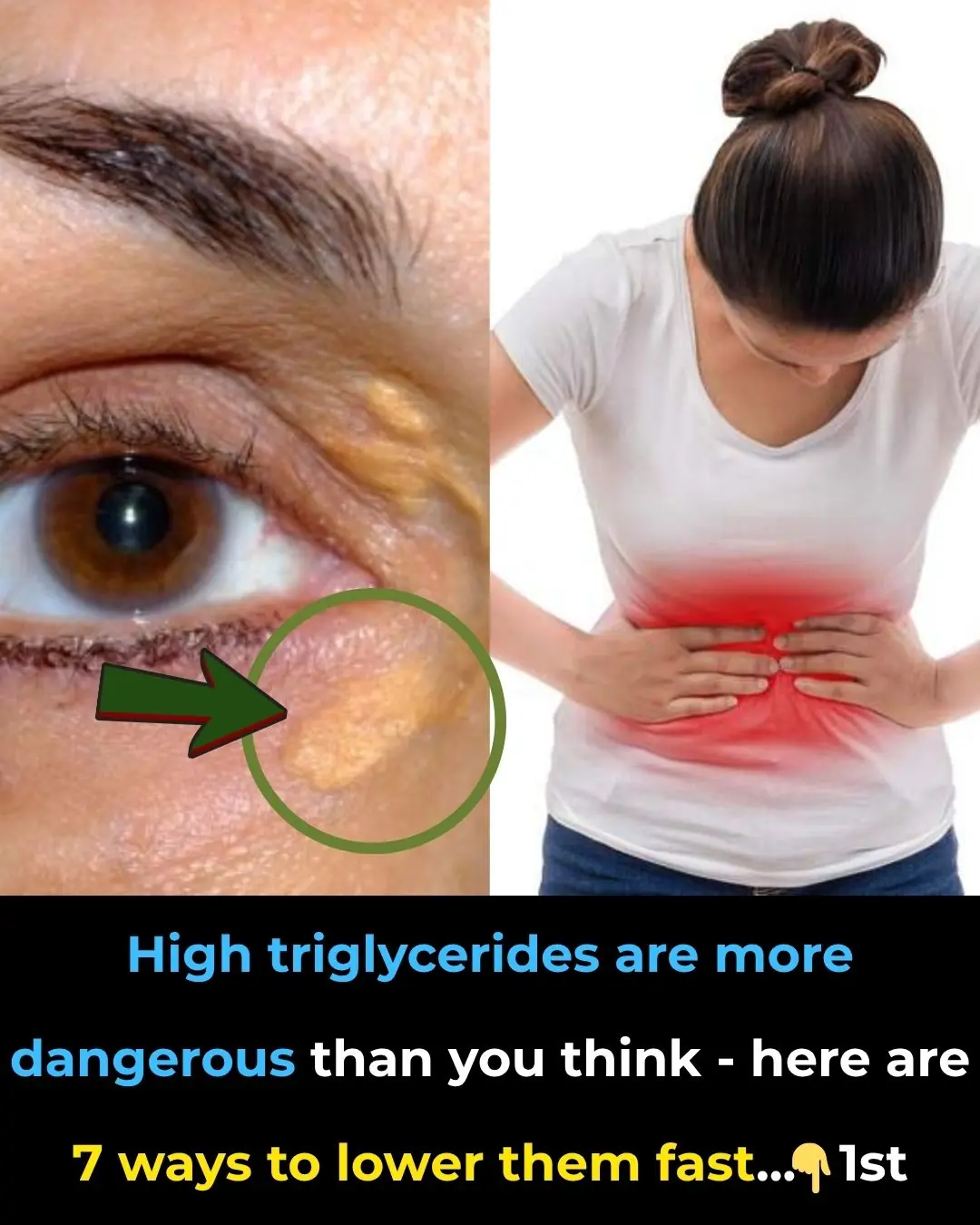
7 tips to eliminate dangerous blood fat

Poor circulation? Simple foods that can get your blood moving again naturally

Do you sleep on your side? Here's the powerful effect one simple change can have on your body
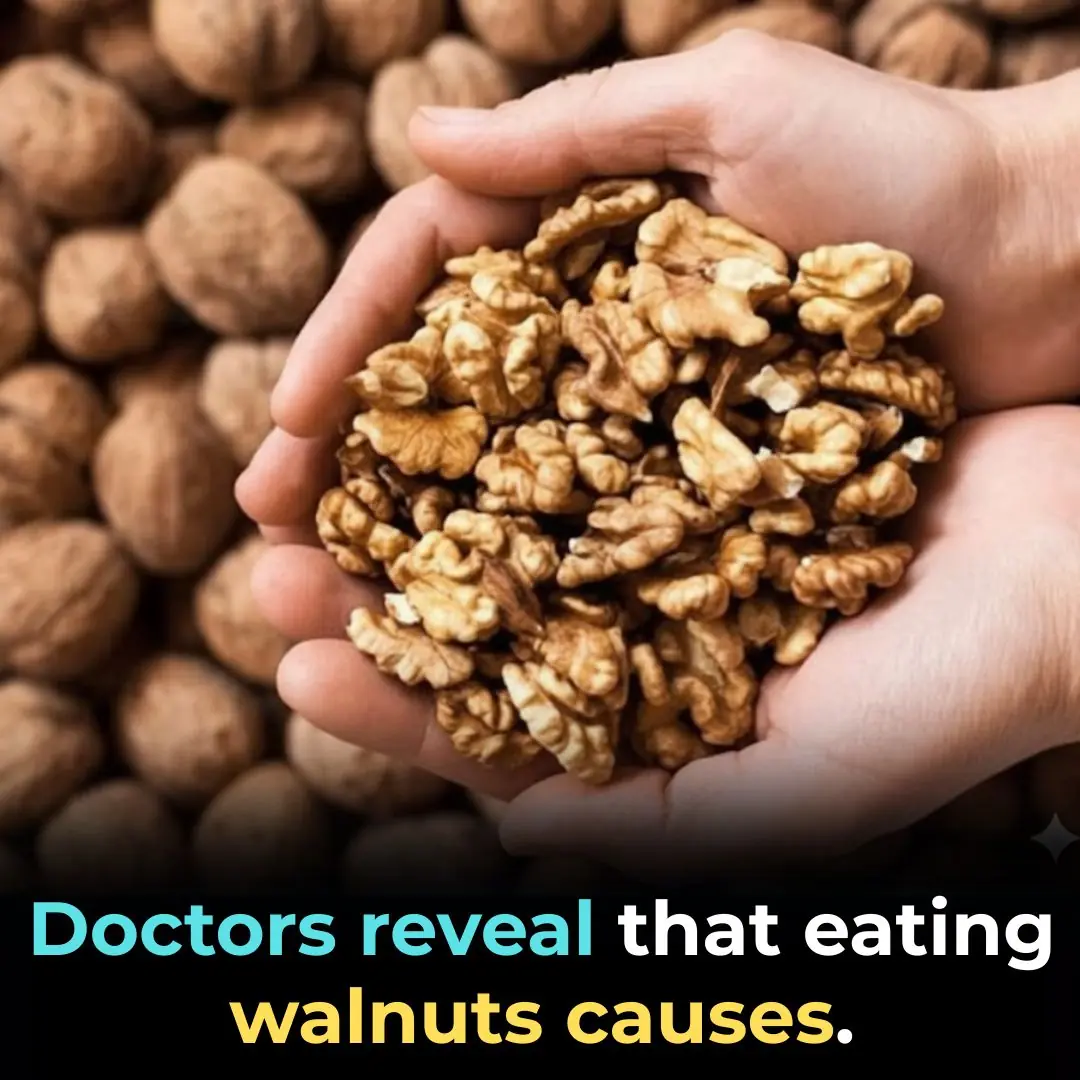
Doctors reveal that eating walnuts causes

🦴 Hip Pain: What Does It Mean? Common Causes & When to Seek Help
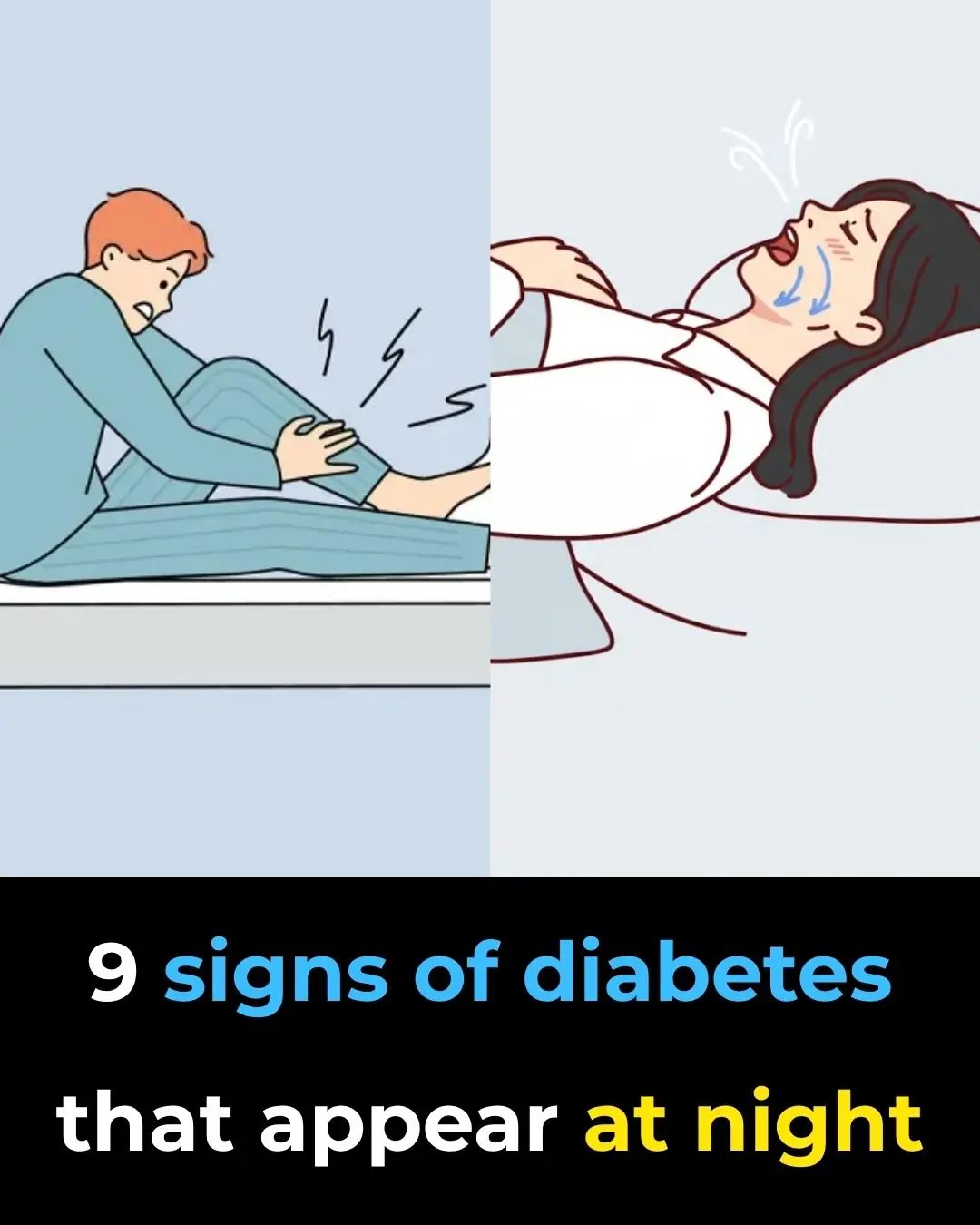
🌙 9 Signs of Diabetes That Appear at Night — What You Should Know
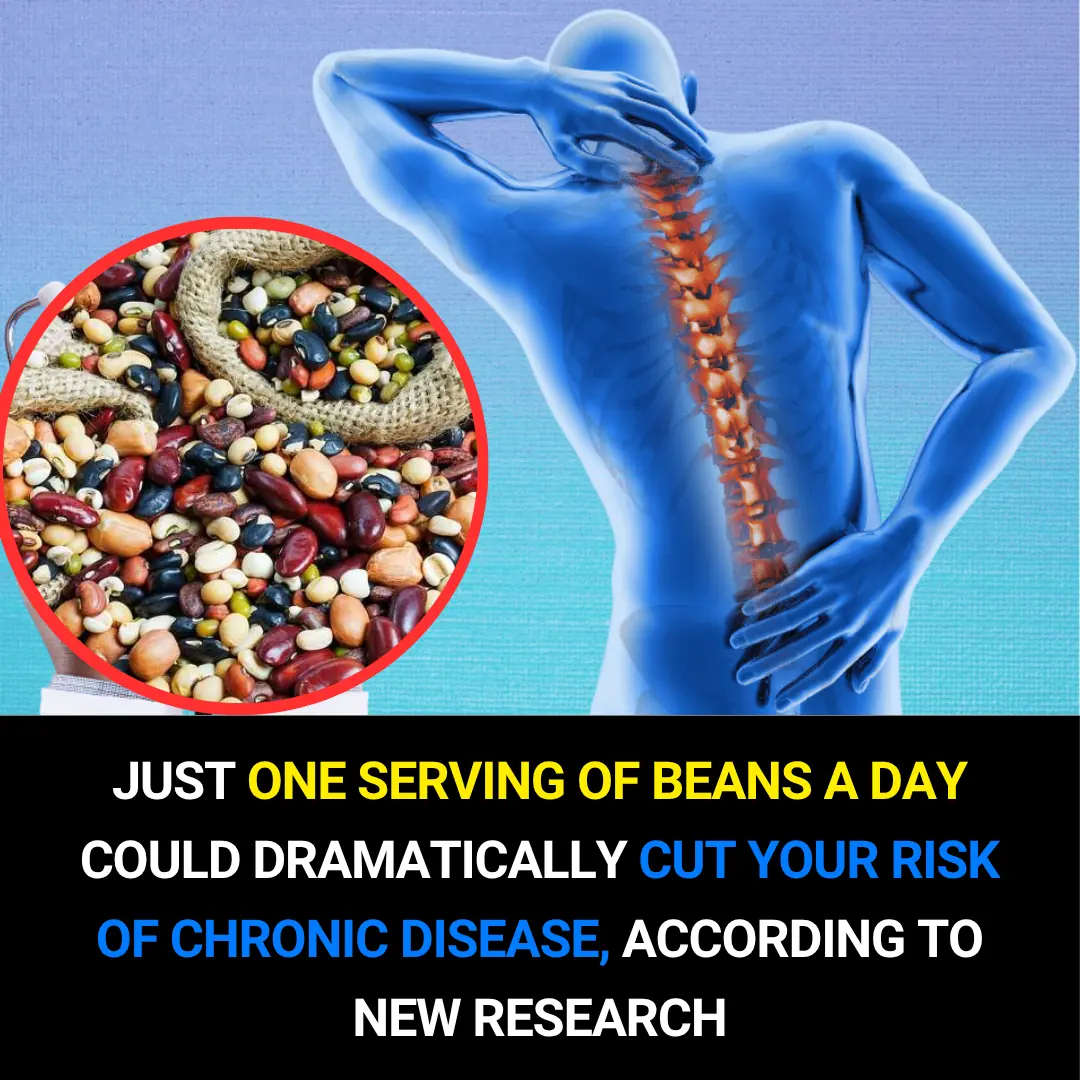
Eating Beans Daily Slashes Your Risk of Heart Disease and Diabetes, Study Finds
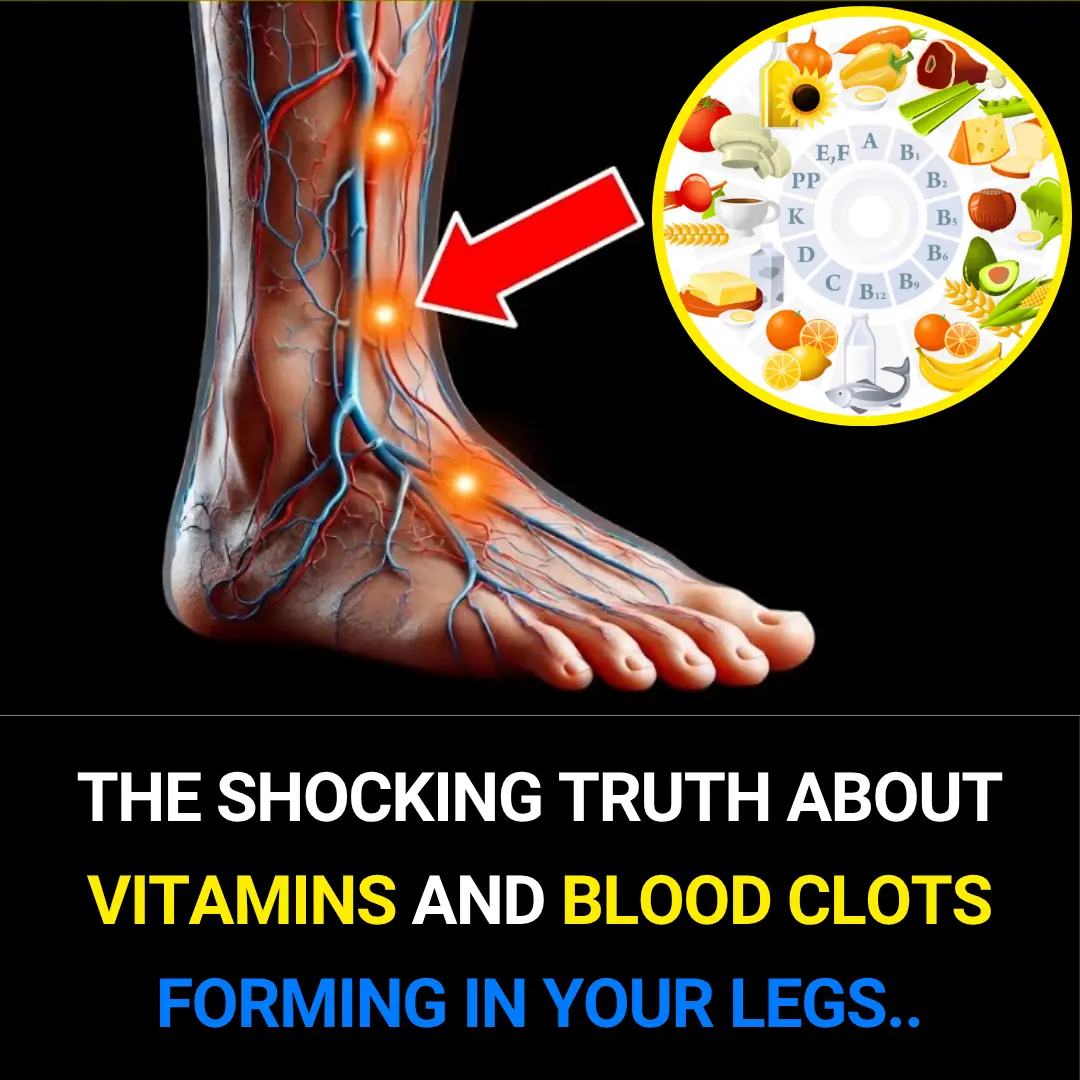
The Shocking Truth About Vitamins and Blood Clots in Your Legs
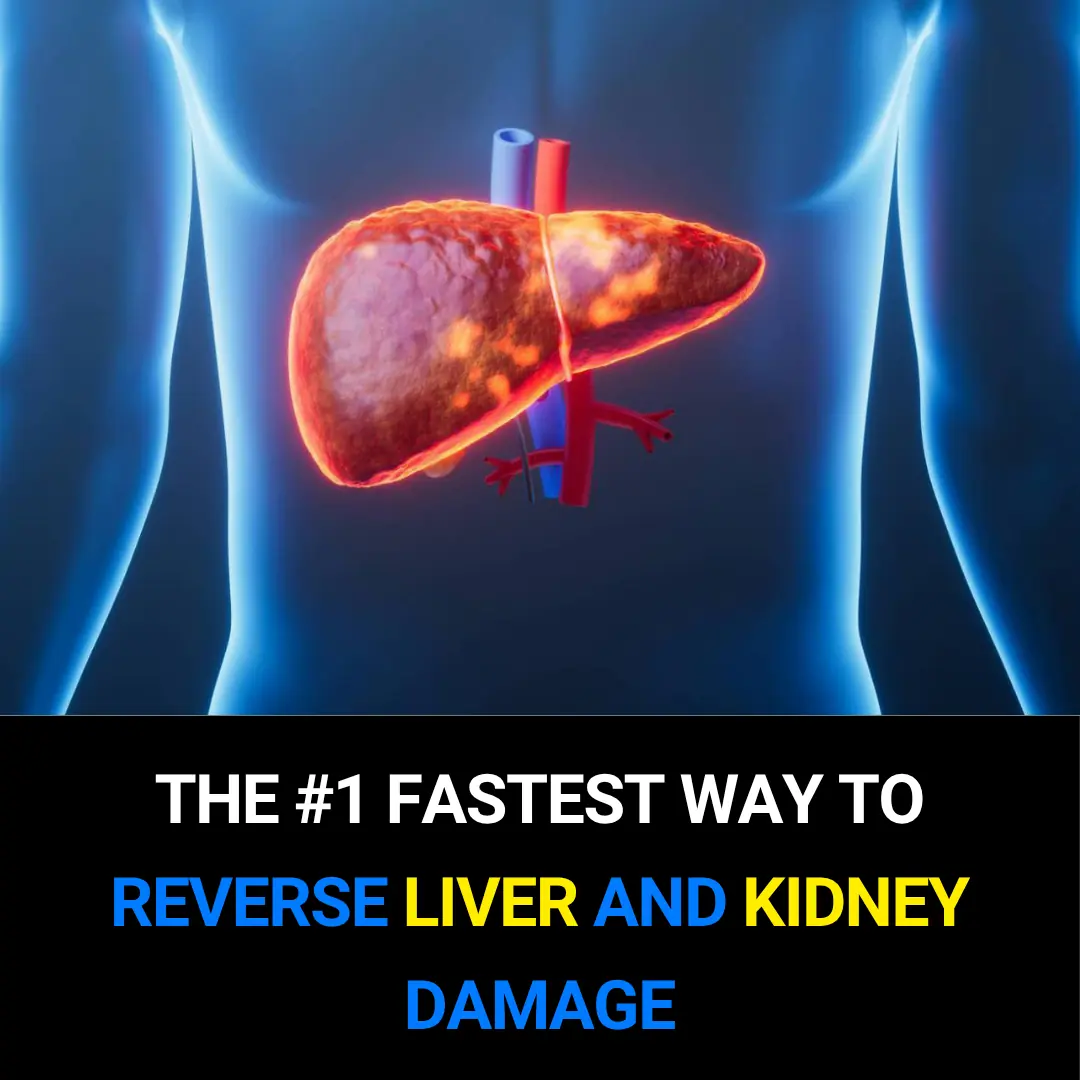
The #1 Fastest Way to Reverse Liver and Kidney Damage

Health Problems That Improve with Vitamin B12 (and How to Use It)
News Post
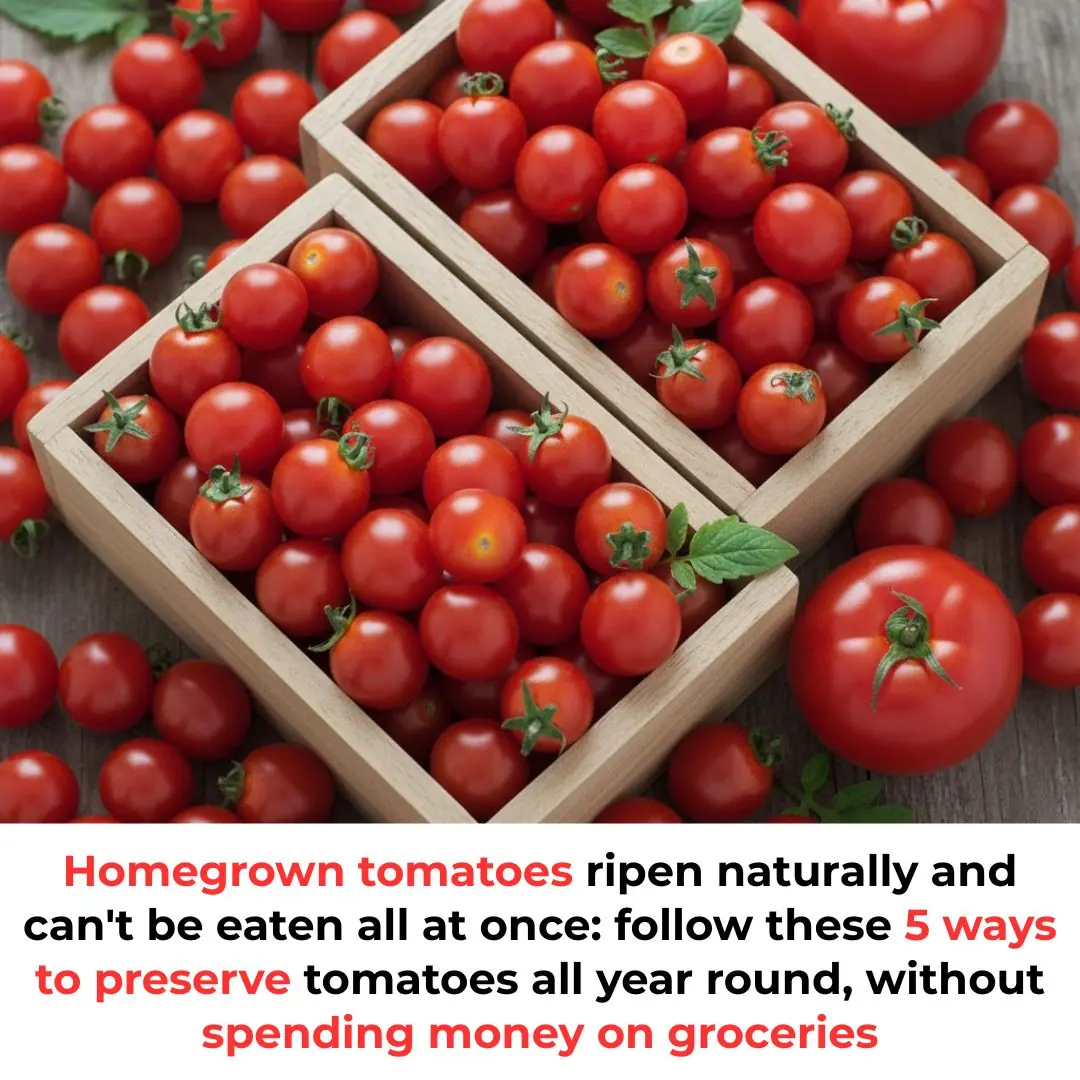
Homegrown tomatoes ripening naturally and you can’t eat them all? Try these 5 ways to preserve tomatoes year-round without spending a dime.

The Light Through Her Lens: A Mother’s Journey After Losing Branson
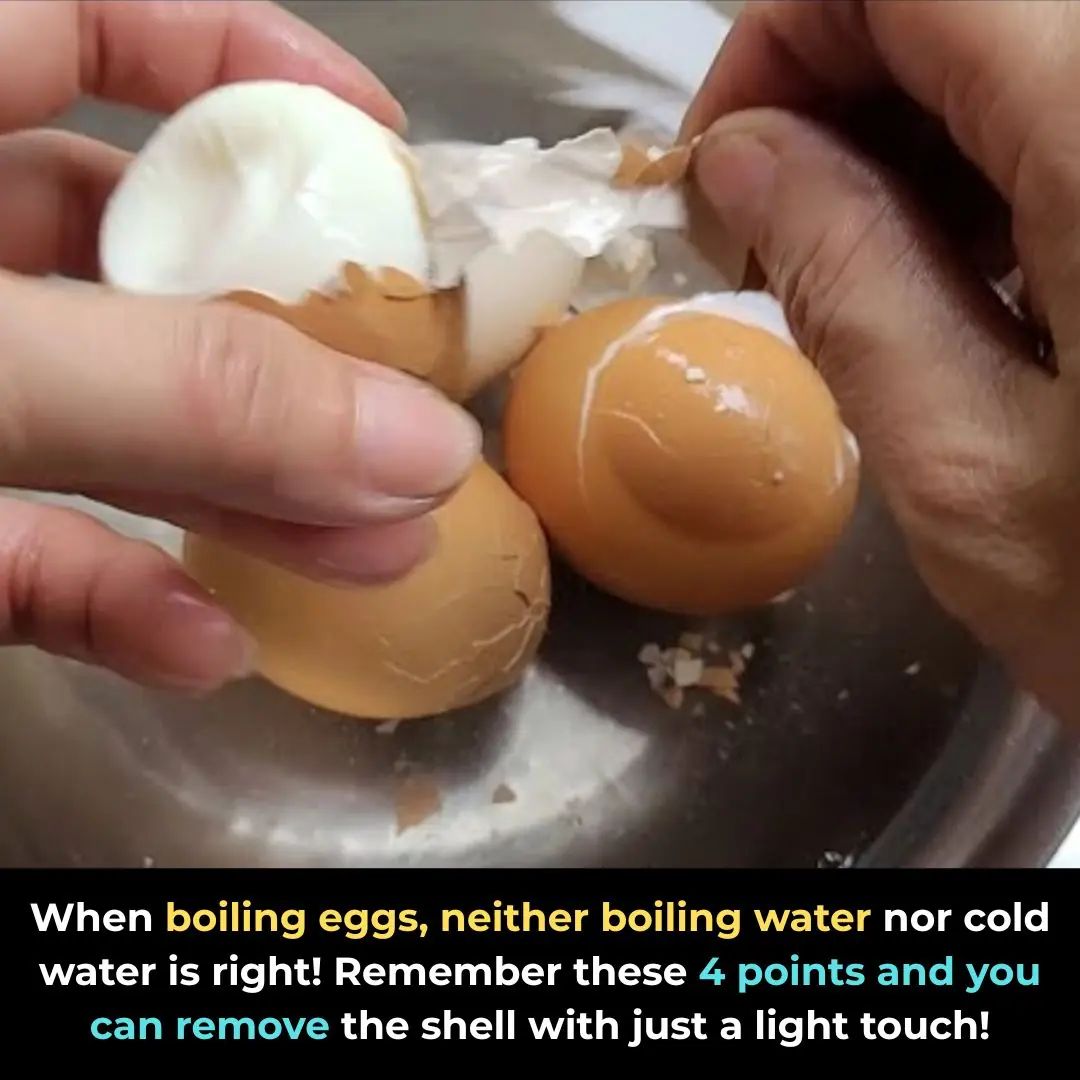
How to Boil Eggs Perfectly: 4 Key Tips for Soft, Delicious, and Easy-to-Peel Eggs

What Do the Triangle Stickers Above Your Airplane Seat Mean?
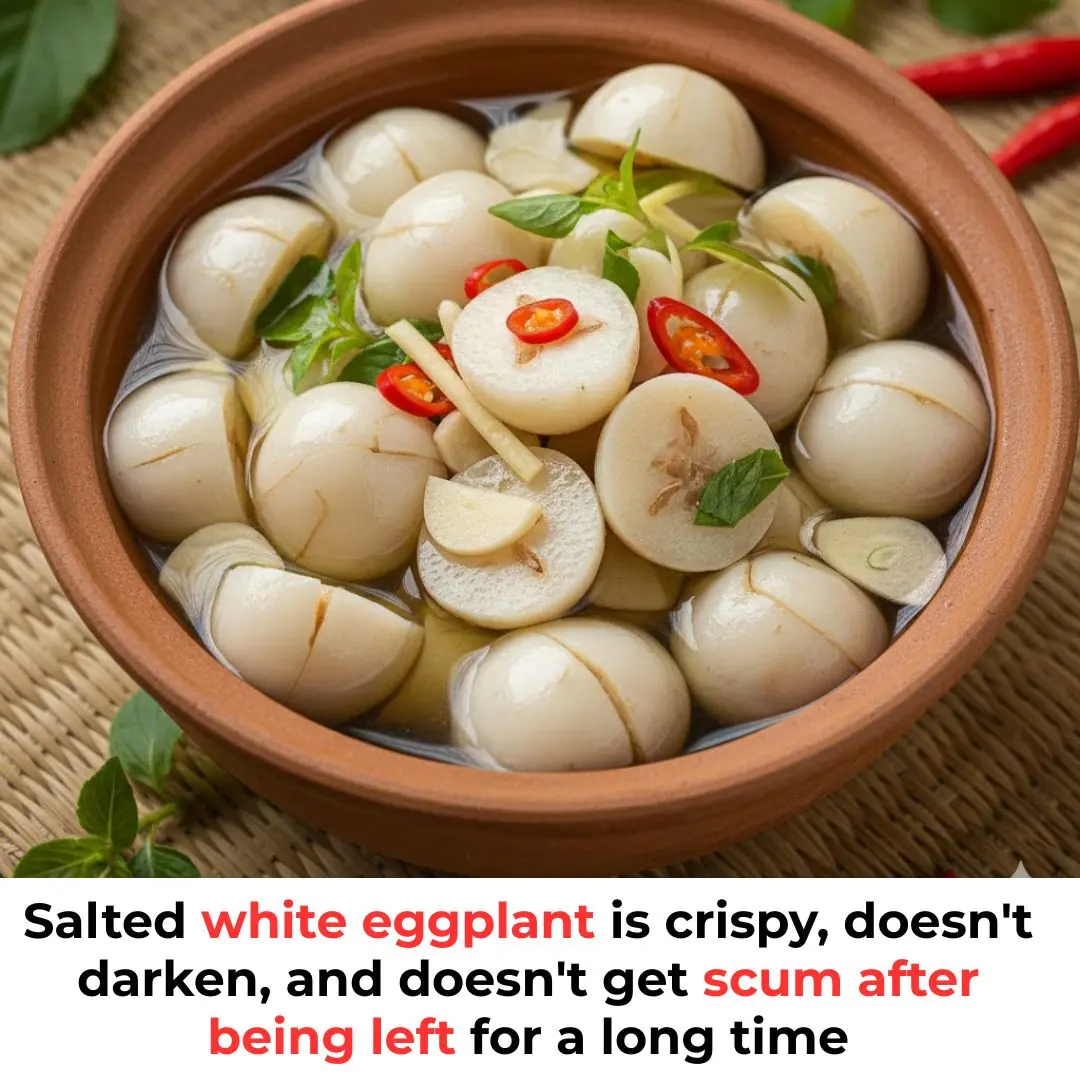
Tips for salting crispy white eggplant

10 Brilliant Ways to Reuse Plastic Food Containers and Reduce Waste

The Comeback Kid: How Paxton Glaude Defied the Odds

The Surprising Benefits of Sticking a Band-Aid on Your Door — Every Home Should Try This

A$AP Rocky’s $1.1M Neighbor Drama Hits the Courts

Two-part Caroline Flack documentary leaves fans 'in bits' and demanding apology

6 Difficult Realities of Losing a Parent
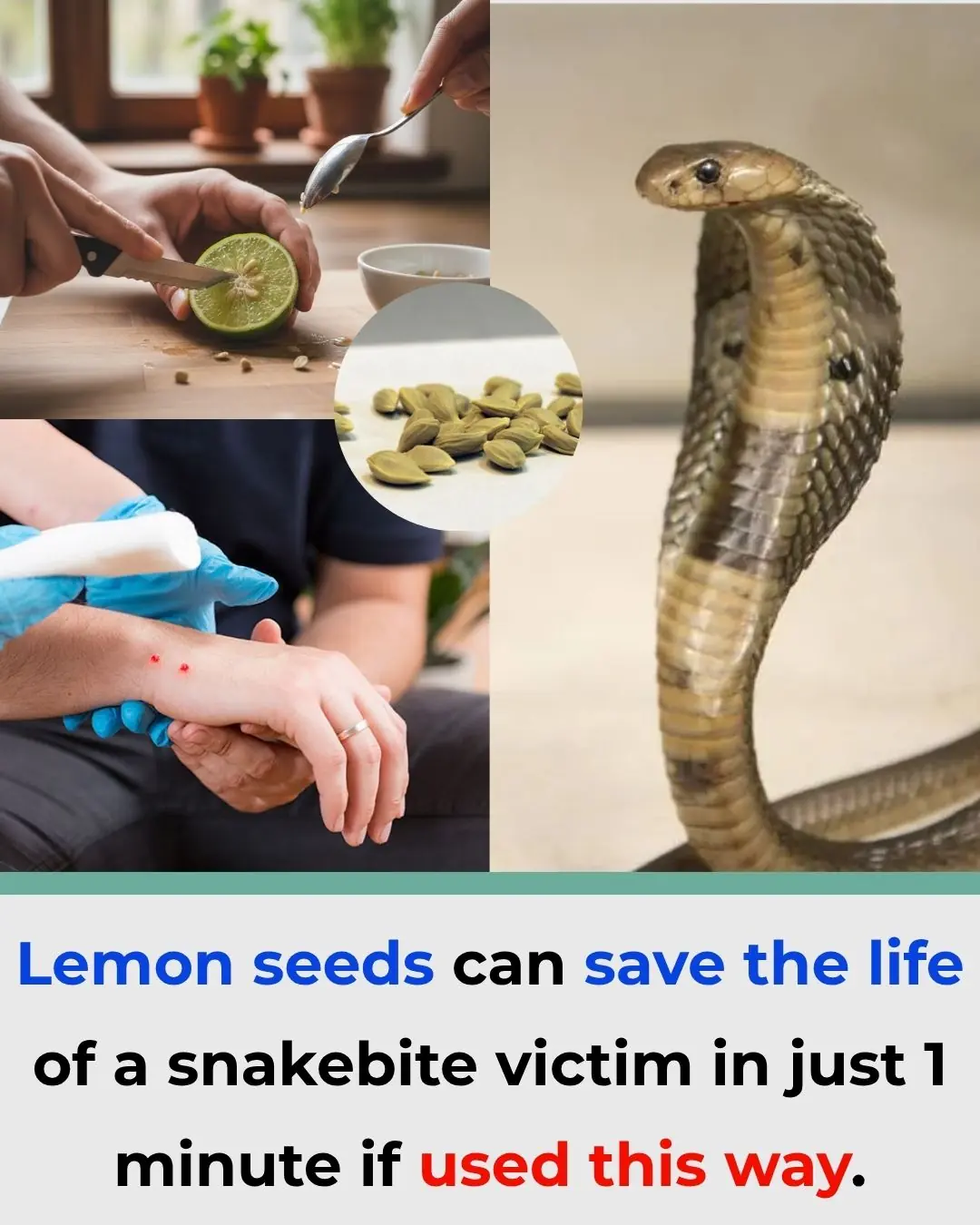
Lemon Seeds Could Save a Snakebite Victim in Just One Minute — If Used the Right Way

A Tiny Noise, a Lifesaving Alert: Oscar’s Journey Through TAPVC

The Incredible Health Benefits of Cauliflower — Backed by Science

Burning Garlic in the House: The Surprisingly Powerful Tradition Every Family Should Try

‘Where Are All the White People?”: Resurfaced Clip Shows Eddie Murphy Slamming Movie Critic for Calling Out ‘Boomerang’All-Black Cast

Netflix's Being Eddie release date and what to expect from the Eddie Murphy special

I was clueless about this

A Future Linebacker in the Crib: The Remarkable Arrival of Baby Noah Moody
